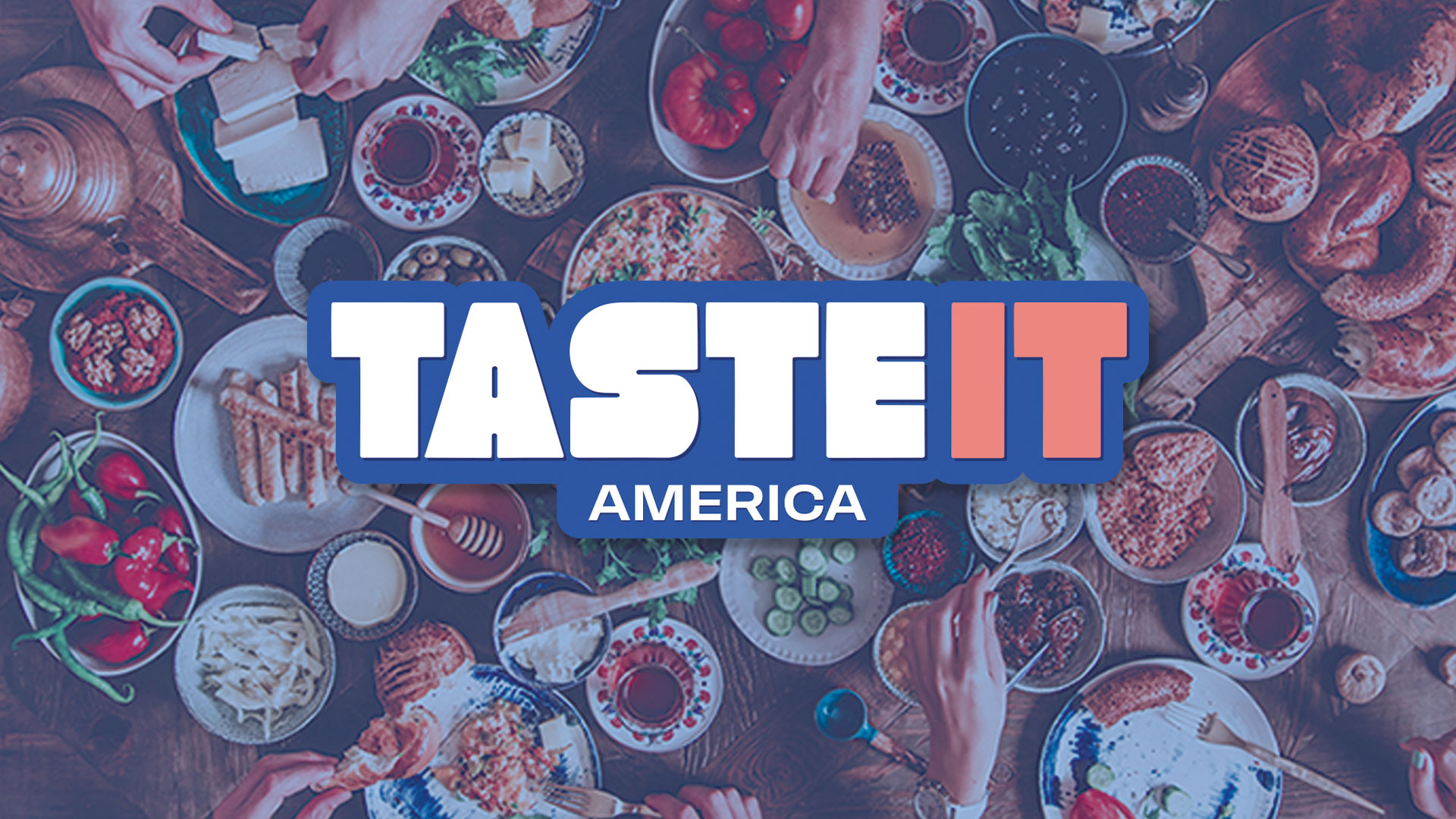— ADVERTORIAL —
NEMIS Technologies, a Swiss innovator in rapid on-site pathogen detection, is poised to reshape global food safety standards with Mario Hupfeld, chief technology officer (CTO) and co-founder, driving its technological advancements. Under the leadership of new CEO Thomas Struckmeyer, the company is solidifying its position as a leader in environmental monitoring, offering tools that simplify microbiological detection for industries worldwide.
NEMIS has established partnerships with industry giants such as Barilla in Europe and Tiger Brands in Africa. With Struckmeyer at the helm, the company is advancing a comprehensive “One Health” approach, connecting human, animal, and environmental health to enhance food safety from farm to fork.
From scientist to CTO
As a co-founder of NEMIS, Hupfeld brings extensive experience to his role as CTO. Originally from Germany, he moved to Switzerland in 2013 to pursue his PhD at ETH Zurich, specializing in food microbiology. Hupfeld has worked on pathogen detection with multinational teams across Germany, Great Britain, and Italy. He began his career at NEMIS as Chief Scientific Officer, leading the development of rapid tests for Listeria and Salmonella, and served as CEO from 2022 before transitioning to CTO in March this year.
“The NEMIS project adds a new pillar to microbiological detection, with the potential to simplify processes and provide cost-effective solutions that are locally available around the world,” Hupfeld told Food Safety News. “This attractive mission is what drew me to join the founding team.”
Meanwhile, Struckmeyer, who assumed the CEO role early this year, brings more than 25 years of experience in microbiological testing and leadership, having previously served as Executive Vice President EMEA at Hygiena and CEO of BioChek.
Tackling environmental monitoring challenges
NEMIS’s N-Light platform, powered by AquaSpark technology and phage integration, enables on-site detection of live pathogens, offering faster results than traditional lab testing. The company’s focus on “rapid, accurate on-site detection” aims to reduce contamination risks in industries like ready-to-eat foods, dairy, and meat production.
Hupfeld has observed significant inconsistencies in how food producers approach environmental monitoring.
“There’s a huge variation in how companies handle environmental monitoring,” he explained. “The number of samples taken differs by orders of magnitude, even though some of these companies operate in similar ways., he said.
Hupfeld said one example is where some companies take as few as 25 samples per quarter, while others take 100 per week, despite similar factory setups.
To address this, NEMIS is developing a new standard for environmental monitoring programs (EMPs). By collaborating with Swiss universities and chocolate manufacturers, the company is researching optimal sampling numbers based on factory size and equipment.
“The first part of this research is determining how many samples are needed for a particular food segment or factory of a certain size,” Hupfeld said.
Shifting perspectives
Hupfeld emphasized the importance of adopting a proactive mindset in food safety. He said some companies report no positive pathogen findings for years, which may indicate insufficient monitoring.
“In certain food segments, finding pathogens shouldn’t be a panic reaction,” Hupfeld said. “It should be expected that something will be found at times.”
NEMIS encourages producers to use EMPs as investigative tools, adjusting sampling based on findings rather than fearing positive results.
The company’s proposed standard includes an improvement cycle: on-site testing, external lab validation, and data analysis.
“We want to integrate these processes,” Hupfeld said, advocating for a balance between internal knowledge and external expertise to refine safety protocols.
Economically, environmental sampling is more affordable than end-product testing and offers a higher return by preventing costly recalls.
Sustainability and education
NEMIS’s One Health approach integrates sustainability by using AI to streamline testing and reduce carbon emissions from transporting samples. The company’s documentation highlights that “stringent on-site environmental monitoring testing can significantly reduce the need for physical sample transport, cutting CO2 emissions. Furthermore, an environmental sample has a much smaller carbon footprint compared to end product sample testing”
In addition, the NEMIS Academy offers webinars and workshops that foster knowledge-sharing without product placement.
“The industry needs more exchange to examine and share different processes,” Hupfeld said.
Struckmeyer and Hupfeld’s combined vision is clear: empower the food industry with tools and standards that elevate safety and sustainability.
Upcoming webinars and NEMIS Academy
In September, NEMIS Technologies’ NEMIS Academy will host a one-day, in-person workshop on food safety culture in Rosemont, IL, led by Frank Yiannas, former FDA Deputy Commissioner for Food Policy and Response. Taking place on Sept. 9,, from 9:30 a.m. to 5:00 p.m. CDT, the workshop will provide insights into assessing and improving food safety practices. Attendees will learn to identify core attributes of an effective food safety culture, apply behavioral science principles, and optimize training and metrics. Register now.
NEMIS will also host a free webinar, “Ensuring Food Safety Worldwide: Tackling Challenges and Paving the Way for a Safer Future,” featuring experts Francine Shaw and Matt Regusci. The session will explore major developments in food safety, cutting-edge technologies, and evolving consumer expectations. Register here.
For more details on NEMIS Technologies visit their website.
(To sign up for a free subscription to Food Safety News, click here.)

